Philippines Boracay Island Reopens, But Casinos Remain Banned
Posted on: October 16, 2018, 04:00h.
Last updated on: October 16, 2018, 12:43h.
Boracay Island has reopened to Filipino citizens after a six-month cleanup ordered by President Rodrigo Duterte. They’ll find a much different four-mile island than the one they left.
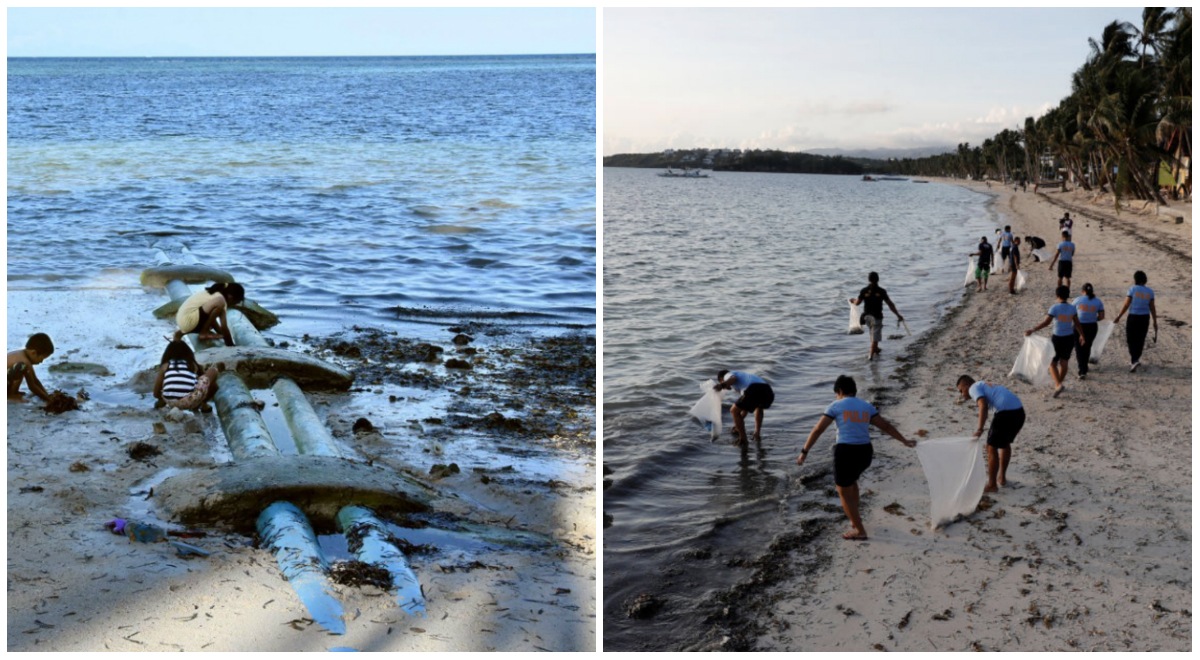
Duterte ordered the popular vacation destination’s closure on April 4 after calling it a “cesspool” where its once famous turquoise waters “smelled of sh*t.” The temporary closure was to clean the beaches and waters, and improve infrastructure in dire need of repair, specifically the island’s clogged sewage pipes.
Six months later, and the Philippines government is holding a soft opening of the island. Boracay will open to other nationalities on October 26.
The “new” Boracay Island comes with an overnight visitor cap of 19,000, imposes a ban on smoking and alcohol consumption, restricts all watersports, and prohibits various plastics including bags and drinking straws. And as for that rumored casino development from Galaxy Entertainment, it remains a no-go.
The Philippines government spent $18.5 million on improving the sewage and drainage systems on the island. The cleanup was largely performed by thousands of local residents who worked for $6 per day.
Casino Outlawed
Galaxy Entertainment, the Hong Kong casino empire of billionaire Lui Che Woo, partnered with Philippines-based Leisure & Resorts World Corporation to build a $500 million integrated casino resort complex on 57 acres of land on Boracay Island. PAGCOR, the country’s gaming regulator, had issued a provisional license for the project before Duterte interjected.
You know the billionaires? They want to build casinos there. I did not allow it,” Duterte explained in May.
Lui, whose Galaxy is one of the six license holders in Macau, stated in August the Boracay project was misunderstood. The Chinese tycoon worth an estimated $19 billion said gaming would be a small portion of the complex, with the property more tailored towards general tourism.
Regardless, Filipino news outlet ABS-CBN reports that federal government officials say no casino will be built following the island cleanup.
Galaxy’s project isn’t the only casino Duterte recently canned. Just hours after Landing International held its ceremonial groundbreaking on its $1.5 billion complex in Manila’s Entertainment City, the president ordered the project to be halted after learning a land-lease deal was “unconscionable” and “disadvantageous to the government.”
Reduced Tourism
Boracay’s new 19,000 per night visitor cap means many fewer guests will be permitted on the island during peak periods. The Philippines Department of Tourism says major holidays such as Labor Day saw as many as 50,000 nightly visitor arrivals to the island, which far exceeded its “carrying capacity.”
With the visitor reduction, Galaxy might direct its focus to Japan where the casino operator hopes to land one of the three forthcoming integrated resort licenses. Lui said their Japanese proposal will focus on non-gaming activities.
“We are really interested in participating,” he stated recently. So is Las Vegas Sands, MGM Resorts, Caesars Entertainment, Wynn Resorts, Melco Resorts, Hard Rock, and a slew of others.
Related News Articles
Philippines President Rodrigo Duterte Says No Boracay Casino ‘Voice of God’
Japan Legalizes Casinos in 2018, US Operators Stand Ready to Pounce
Most Popular
Mirage Las Vegas Demolition to Start Next Week, Atrium a Goner
Where All the Mirage Relics Will Go
Most Commented
-
Bally’s Facing Five Months of Daily Demolition for Chicago Casino
— June 18, 2024 — 12 Comments
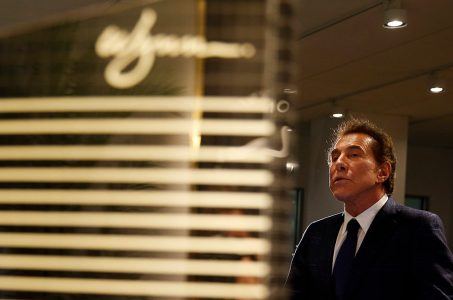
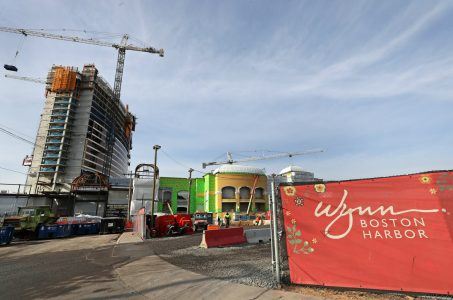
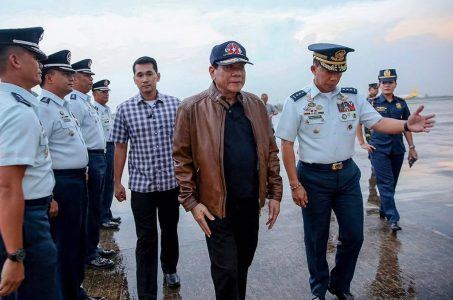
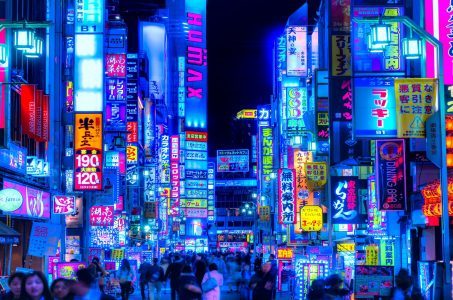












No comments yet